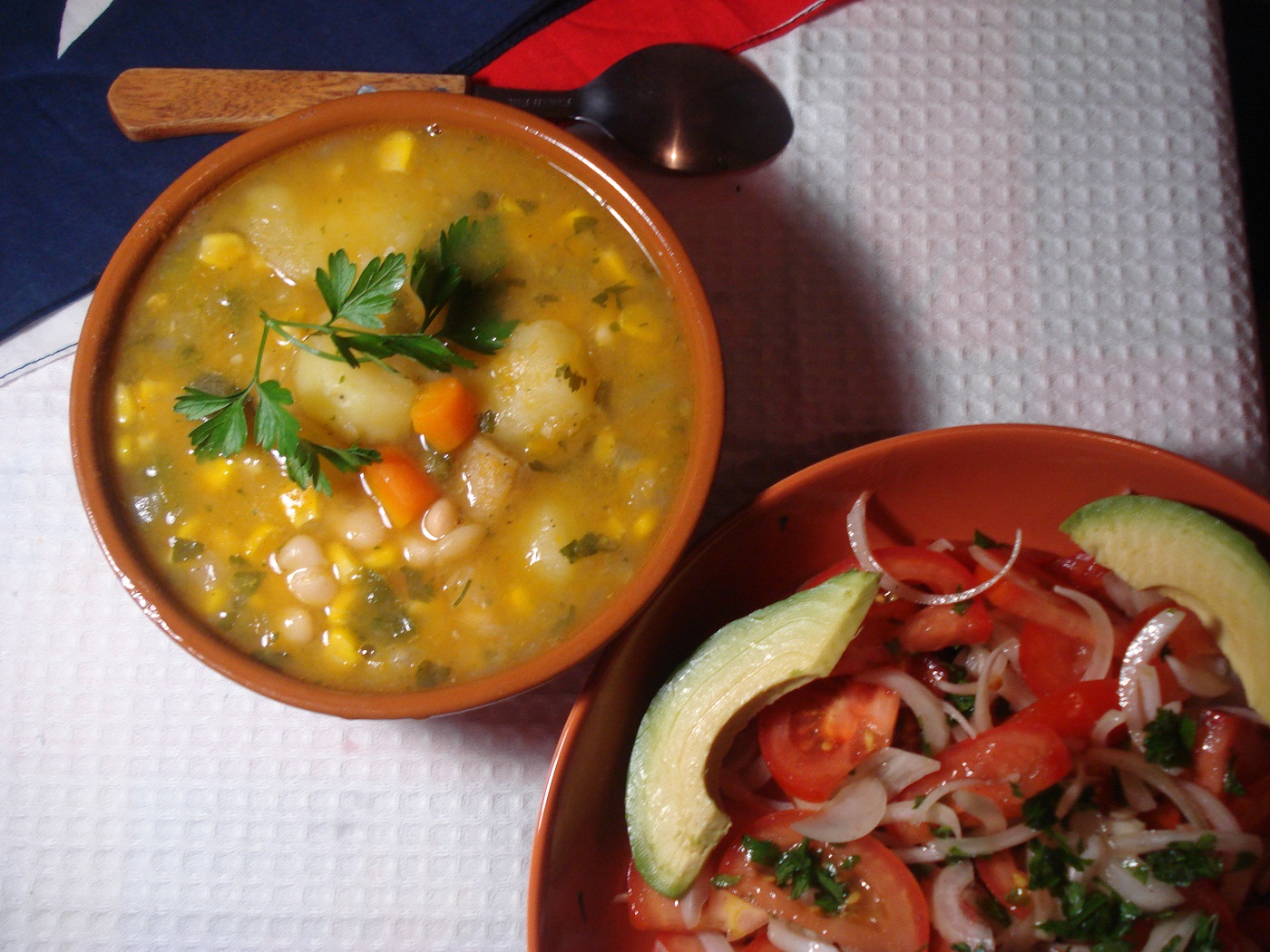Speak Like a Local: Latin America’s Imaginative Expressions
Annabel Kemp - Former Travel Expert
I’m over the moon! I’ve seen the light! Bite the bullet! It takes two to tango!
The English language is famous for its excessive use of idioms (expressions like the ones above that take on a meaning of their own.) New learners have to stay on the ball to wrap their head around these colourful phrases. Having taught English across the globe for several years, I’ve come across many a blank-faced student as I try to explain why ‘break a leg’ means ‘good luck’. English seemed a particularly nonsensical yet imaginative language.
But after living and travelling in Latin America for a year, I found that the Spanish language never ceased to surprise me with the incredibly unlikely, innovative and often fairly weird expressions used in everyday life. Using these in conversation is rewarding as you can get a whole range of responses from locals: some are surprised, some impressed, others amused, and often you’ll get all three.
Below is a list of a few of my favourite idioms from across the continent, perfect for use while travelling in Latin America. Take the time to remember a few and I guarantee you won’t regret it.
‘Irse el avión’ / ‘Se me fue el avión’
Literally translated, this expression means your plane just took off. However, far from meaning that you’ve missed your flight, this expression in Mexico is used to admit that you lost your train of thought. Perfect to use if you got distracted during a tour...

'Bajar un cambio'
Heavy use of slang is deeply ingrained in Argentinean culture- they even have a word for it, lunfardo. The commonly used expression above translates to ‘lower a change’, but can be used to tell someone who seems stressed out to calm down. As we all know, a change of scene through travelling is one of the best ways to bajar un cambio and unwind.

'¿Y quién pidió el pollo?'
This is one of my favourites for its bizarreness and an important one to clarify if you happen to be in a Colombian restaurant. While this phrase immediately translates to ‘who ordered the chicken?’, this doesn’t refer to food at all. In Colombia this is a pick-up line, believe it or not, to be said when an attractive person enters the vicinity. Definitely not one to be confused with food orders.

'Para chuparse los bigotes'
Here we have a very useful expression for anyone who has just finished a delicious plate of food- perhaps a Chilean bean stew (Porotos Granados) or their famous take on the hot dog (Completo). To describe a dish as para chuparse los bigotes is high praise indeed, meaning it is so tasty that you even ‘lick your moustache’.

'Cerrar el pico'
Literally translating to ‘close the beak’, this expression means to fall silent. Peru is home to an astounding range of birdlife: soaring condors in Colca Canyon, vibrant cock-of-the-rocks in the Andes and striking jabiru storks in the Amazon, to name but a few. Visitors to this diverse country need only ‘close their beaks’ and listen to appreciate the melodious birdsong all around.

'Más loco que una cabra con pollitos'
This fun expression is used and understood across the continent. When travelling somewhere completely new, you can be faced with experiences which are wholly unexpected and surreal. If you feel the need to label something as completely mad, you can describe it as ‘más loco que una cabra con pollitos’- crazier than a goat with chicks.

Tailor-made holidays
Flexible, custom-made holidays to Latin America created to match your exact requirements: our tailor-made itineraries are as unique as the clients for whom they are designed.
Design my trip


























